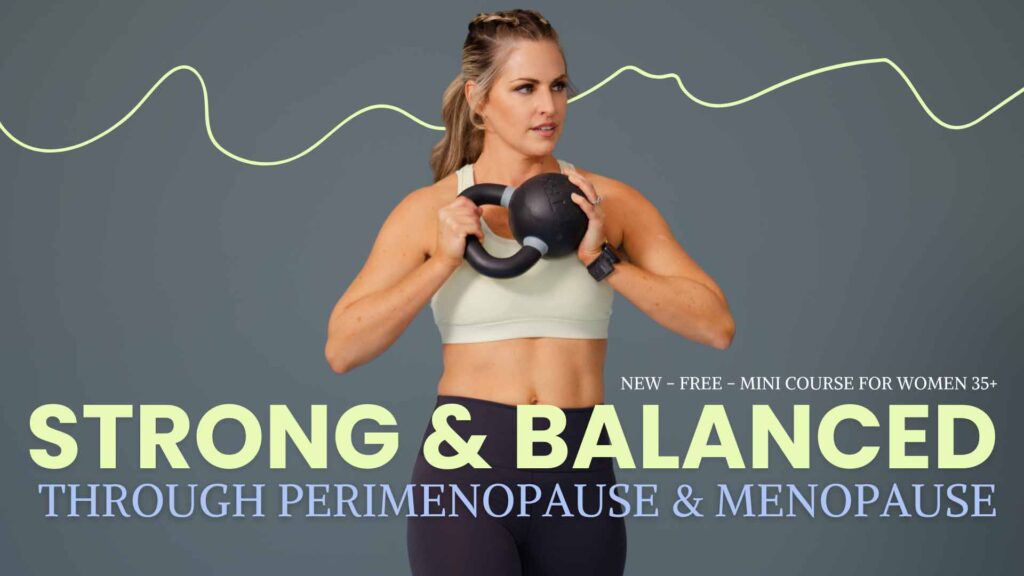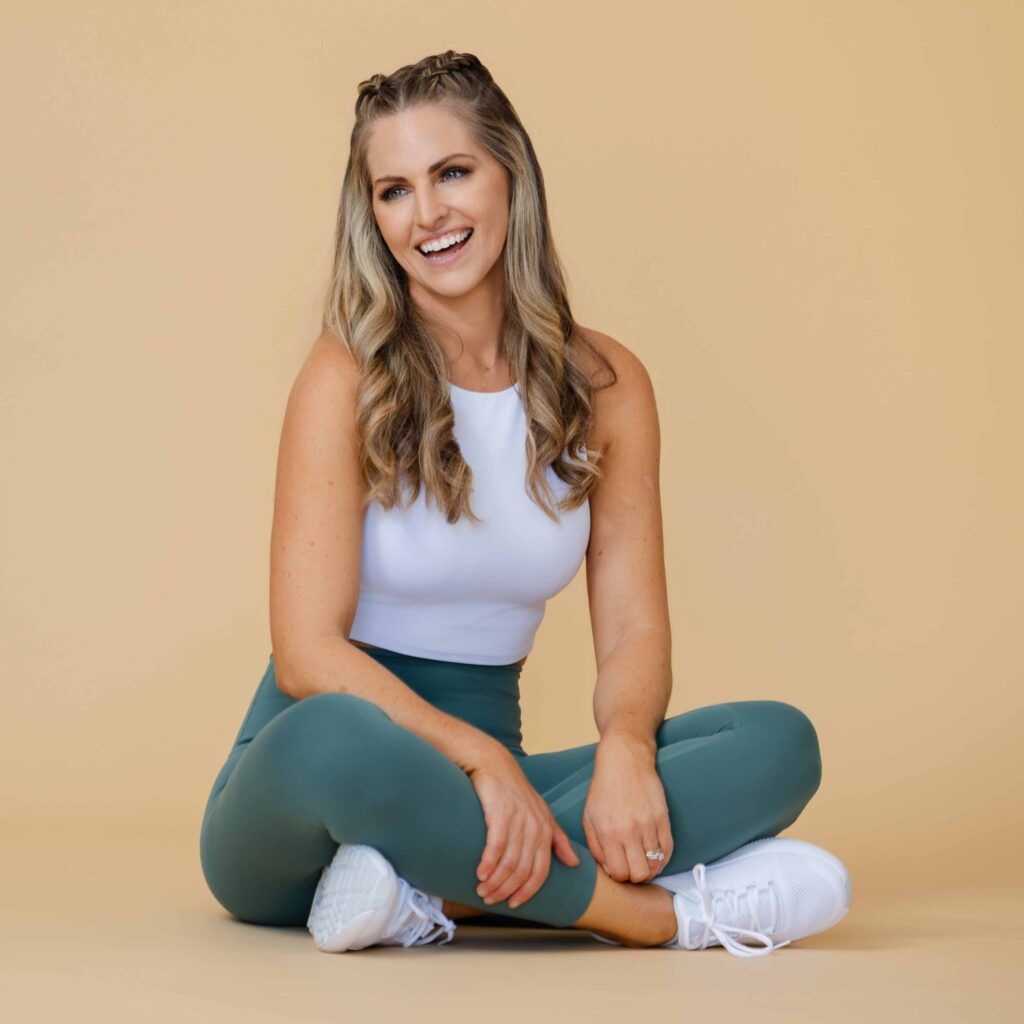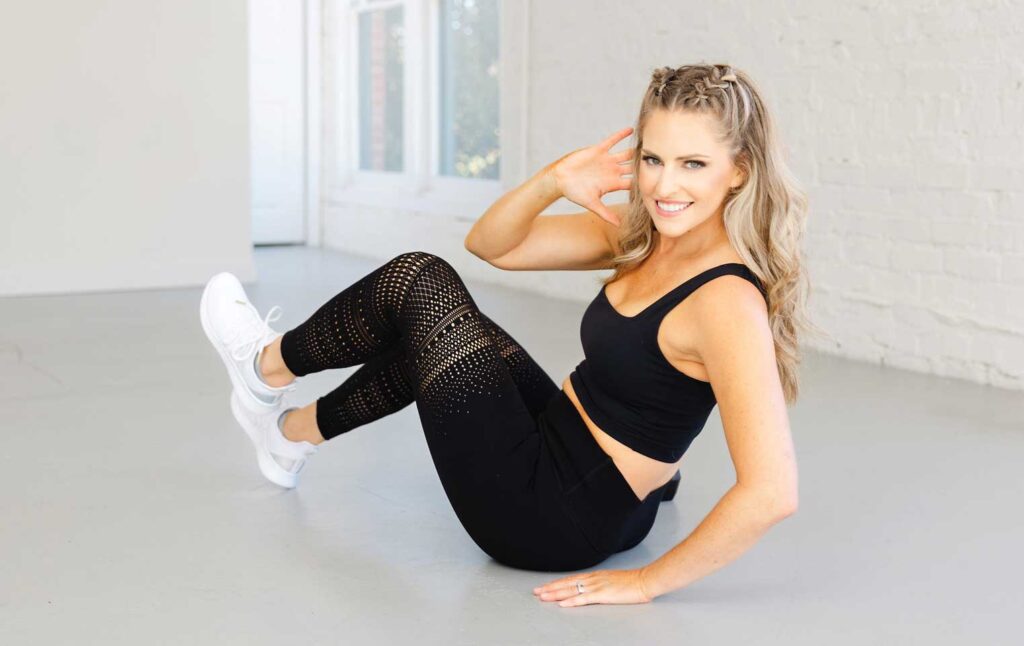Oh, nutrition. As a dietitian, I live and breathe all things nutrition, but let me tell you, working in this field can be exhausting! There isn’t a day that goes by without me hearing some form of nutrition non-sense, and some days it feels like my voice is just not loud enough to combat all of the misinformation out there. Still, I am willing to try, and today, I am addressing some of the most common myths I have heard as a dietitian. Buckle up, friends, because it’s National Nutrition Month here in America, and I am ready to set the record straight on these wild statements!
Nutrition Myth # 1: fruits have too much sugar
Do fruits have sugar? Yes. Are they chemically different than other sugars? No. While the naturally-occurring sugar in fruits is not structurally different than the sugar you add to your coffee, your body does treat it differently. Fruits pack a decent amount of fiber, which means that the absorption of that naturally-occurring sugar into your blood will be gradual and slower. In addition, fruits contain vitamins, minerals, and many disease-fighting antioxidants, making them a highly nutritious choice.
The bottom line is this: if you don’t want to eat fruit, you don’t have to. It’s not a requirement. You can eat only vegetables if you prefer – you do you! But, let’s not go around telling people that they shouldn’t eat fruit because of sUgAr. Many of us like sweet things, and fruit is one of the best ways to satisfy a sweet craving while packing in the nutrients. For reference, a medium banana contains around 14 grams of sugar. A 20-ounce (591 mL) soda contains about 65 (!!!) grams. Soda has too much sugar; fruit does not. Case closed. 🙂
Nutrition Myth # 2: carbs are bad for you
A diet rich in cookies, white pasta, french fries, white rice, soda, chips, and candy bars is not the most nutritious. Constantly eating this way can lead to health problems in the future. Does that mean that all carbohydrates are horrible for you and you should avoid them like the plague? No. Carbohydrates have been the most targetted macronutrient, and the diet industry loves hating on them. If you are a non-starchy veggie and meat type of eater and that makes you happy and fulfilled – go forth! But, if you are constantly in this battle of giving up carbs and then eating ALLL the carbs (yo-yo dieting), it’s time to reconsider.
You don’t have to give up carbohydrates to be healthy. Instead, focus on quality and quantity. Generally speaking, your carbohydrates should take up no more than one-fourth of your plate. And the carbohydrates you choose should primarily be the whole ones. Examples include sweet potatoes, oats, wild rice, butternut squash, and protein-packed carbs like quinoa, lentils, and beans.
Nutrition Myth # 3: a gluten-free diet is healthier
Do you feel like dirt every time you eat regular pasta or a slice of white bread? If the answer is yes, then a gluten-free diet is absolutely healthier for you. Do you feel nothing when you eat bread or pasta? Then, a gluten-free diet is likely not necessary. Honestly, anyone can be gluten-free if they choose to, but it’s essential to be mindful of your gluten-free choices.
Many people report feeling better and losing weight when they adopt a gluten-free diet. If someone who goes gluten-free stops eating cupcakes and brownies and instead eats berries and zucchini noodles, they will certainly lose weight and feel better. Not because gluten was killing them, but because they eat less sugar, more fruits, and veggies. Alternatively, if you replace regular cookies and brownies with gluten-free versions, your diet quality will not improve. Gluten-free processed foods are still processed foods, and many of them contain excessive amounts of added sugar and salt. A gluten-free diet is essential for people with celiac disease or gluten intolerance. Gluten-free cupcakes and cookies are an excellent way for people unable to eat gluten to indulge in treats without feeling miserable after. That being said, these are still ‘treats’ and not nutritionally superior simply because they do not contain gluten.
Nutrition Myth # 4: green powders can replace whole fruits and vegetables
Want to make a dietitian cringe? Tell them that you eat plenty of veggies in the form of a green powder. Most green powders claim that their product is the equivalent of several servings of vegetables. I know that sounds promising, especially if you are not a fan of veggies. But, green powders are NOT a replacement for fruits or vegetables. When it comes to eating fruits and veggies, it’s not only about getting the nutrients. Many nutrients work together in whole foods, and it’s how these nutrients work together that translates into nutritional benefits. To this day, we don’t fully understand how some of these nutrients work together, but we know that it’s beneficial to our health. Since we don’t know the mechanisms, powder companies cannot replicate that; therefore, you will never get the same effect as eating actual vegetables. I wrote an entire blog breaking down greens powder HERE.
What did I miss?! I could have kept going, but I’ll leave it at this for now. Let me know if you’ve believed any of these myths before, and if I should do a part II of nutrition myths, debunked!
Vivian











Leave a comment
Here’s another myth: Just because it’s keto doesn’t mean it’s healthy. Haha! And… just because cinnamon rolls have anti inflammatory properties doesn’t make them healthy either.